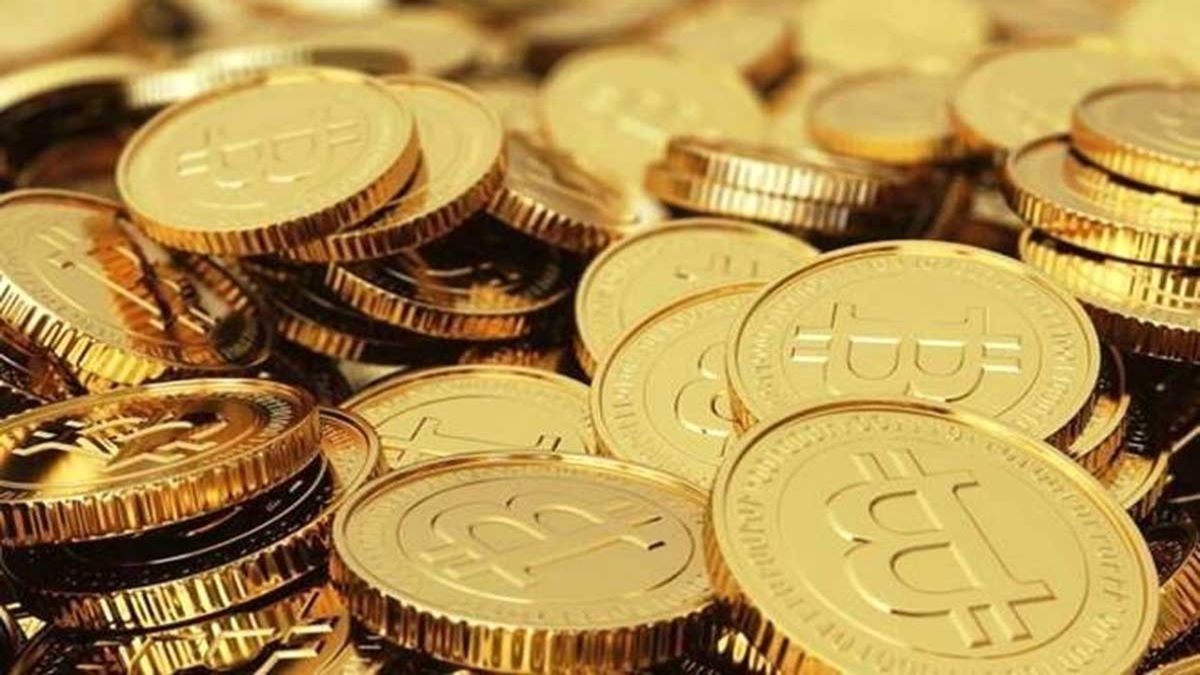Typically inflation is defined as an increase in price due to a gradual loss in purchase power, thereby adversely impacting cost of living, financing, and doing business. “Cryptocurrency can help struggling economies beat inflation. Inflation being the function of demand and supply, monetary policy can influence the demand side in managing inflation and inflation expectations. Loose monetary policy by central banks the world over has led to excessive liquidity (currency in circulation) which in turn has led to demand and inflation,” Maulik Shah, co-founder and CEO at Almus Risk Consulting LLP, a forex treasury outsourcing company told FE Blockchain.
According to Statista’s most recent data, certain nations are struggling with hyperinflation, including Venezuela, which was rated first with a staggering inflation rate of 19,906% in 2019. Zimbabwe came in second after that with a rate of 255% inflation. Argentina was next, coming in third with a 53% inflation rate. Their respective currencies suffered as a result of increased inflation rates.
As per industry experts, “Crypto can be thought of as a hedge against inflation. While inflation erodes the value of each asset or currency, there is no logic in holding any inflation-bearing asset,” Sankhanath Bandyopadhyay, an economist at Financial Sector, added.
Furthermore, it is noted that crypto challenges the basic framework of monetary policy – with most crypto protocols eliminating any third party controlling the flow of the exchange instrument, the decentralised finance (DeFi) framework.
Meanwhile, except for a few countries like Salvador and the Central African Republic no country has allowed crypto to be used as a medium of exchange and therefore its wide acceptance will always be limited and likewise its impact on inflation control. “Bitcoin investment is likely to increase during inflation as it is a decentralised asset. It does not get impacted by money supply increase, decrease, or due to changes in interest rate. Therefore, Bitcoin is also fixed in supply, hence sometimes it is thought like a hedge like gold. However, the relation with inflation may not be always very straightforward; for a variety of complex reasons, investors’ psychology,” Shah added.
Furthermore, John Boyd, Ross Levine & Bruce Smith published a research paper in 2001 titled “The Impact of Inflation on the Financial Sector” and stated that the inflation rate of above 15% caused a significant drop in financial sector performance and pushed investors to find other investment alternatives.
Also Read: ED unfreezes WazirX bank accounts; No association with any accused fintech entities, says company
Follow us on Twitter, Facebook, LinkedIn
Get live Share Market updates and latest India News and business news on Financial Express. Download Financial Express App for latest business news.
Author
Administraroot

